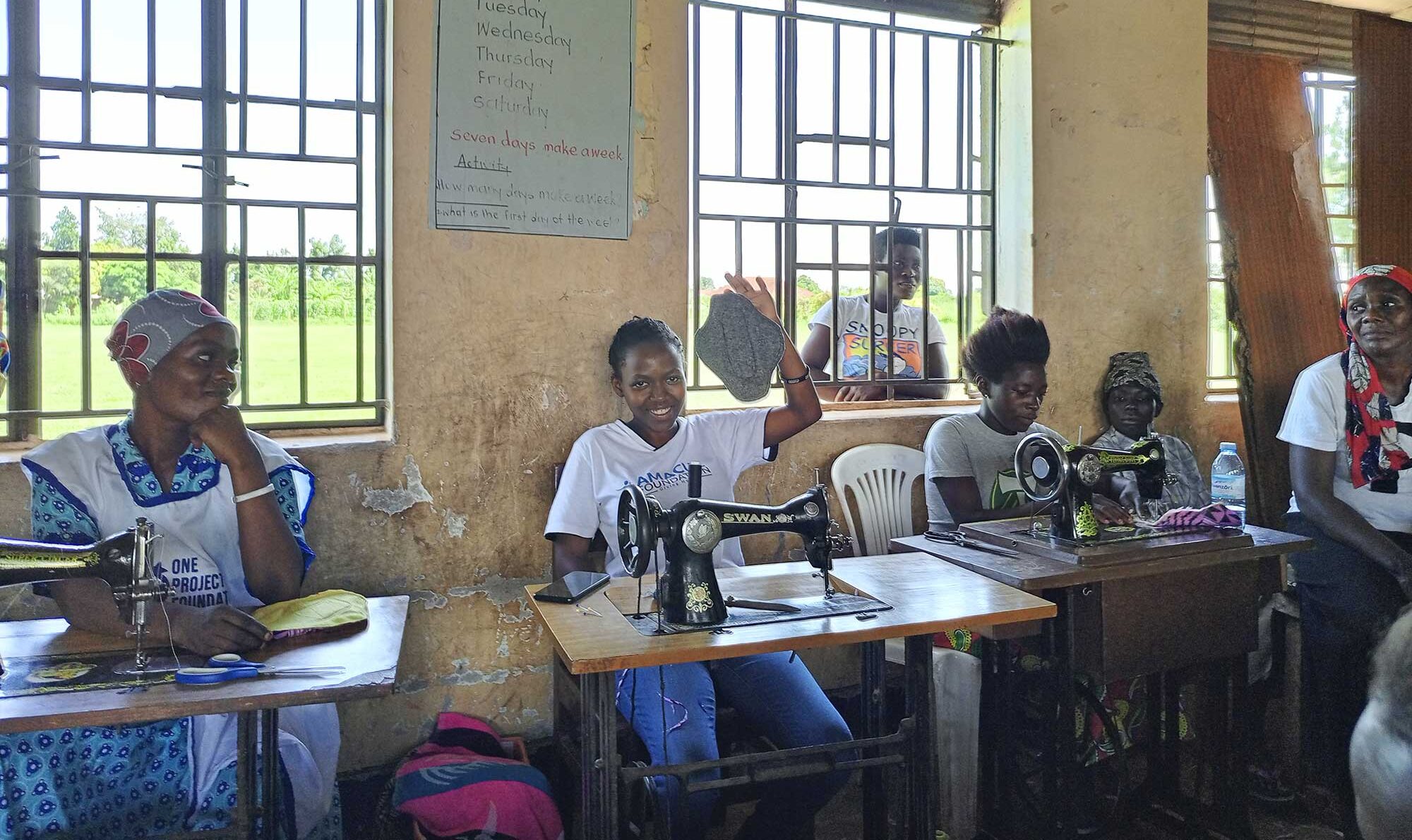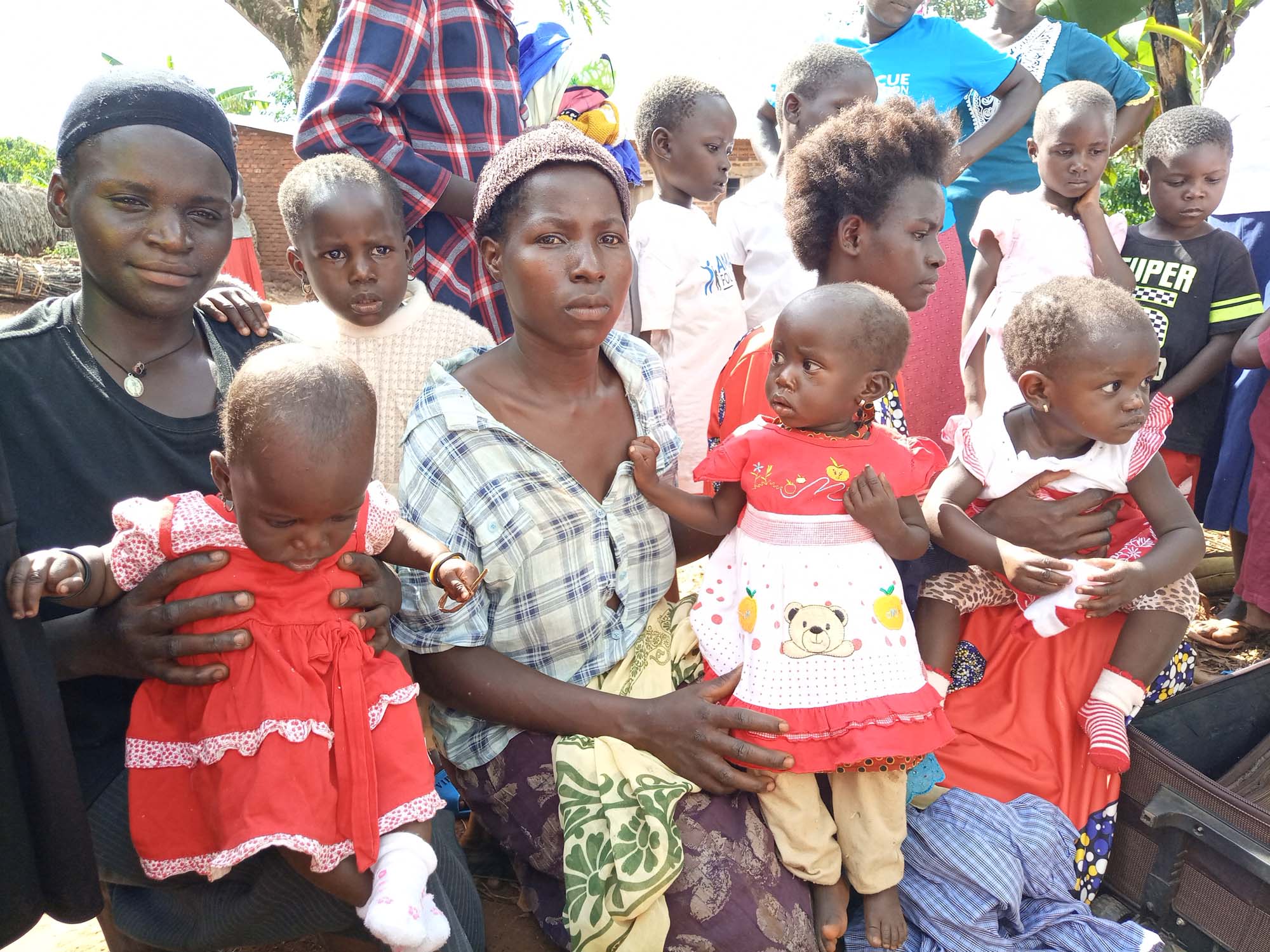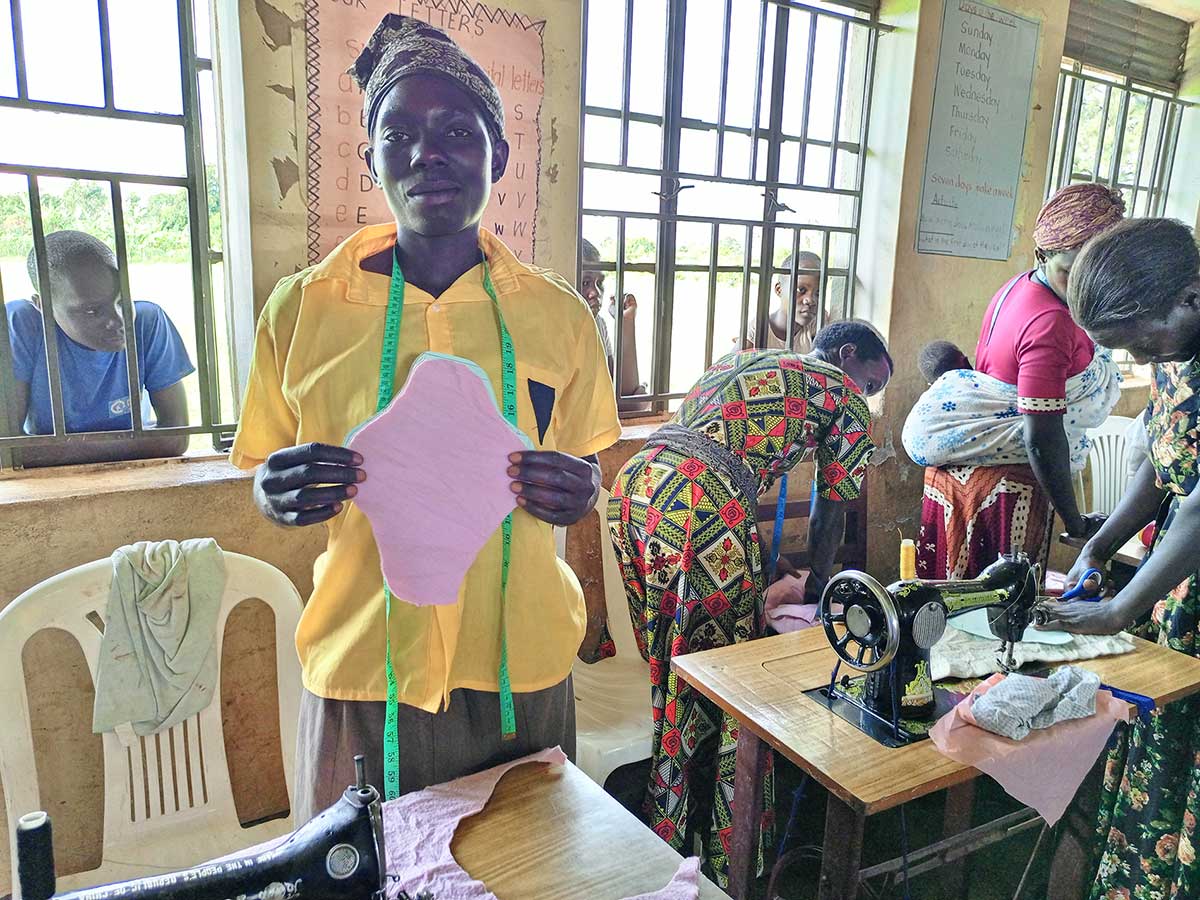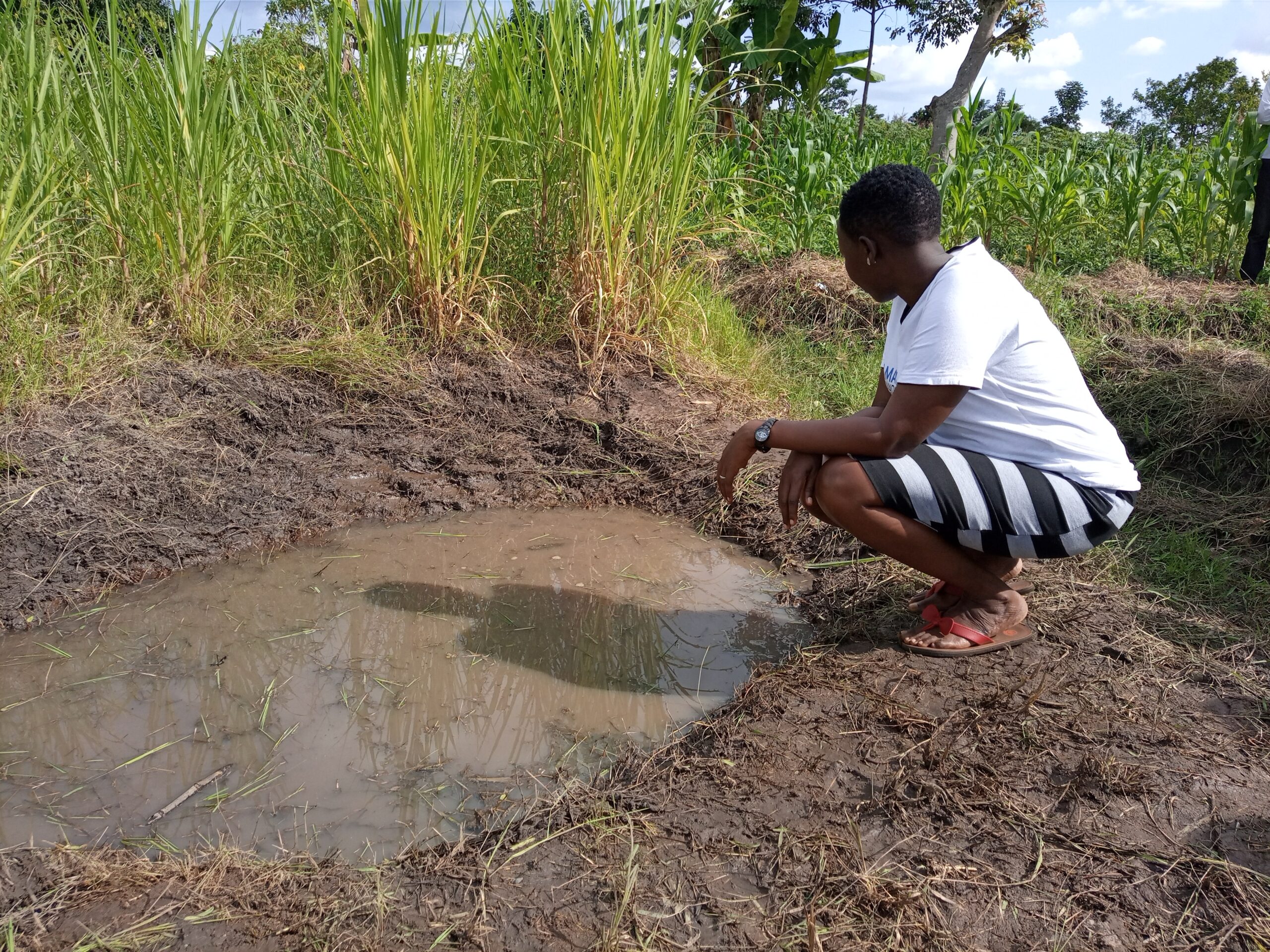
Water, Sanitation and Hygiene (WASH)
Safely managed water, sanitation and hygiene (WASH) services are an essential part of preventing and protecting human health during infectious disease outbreaks.
Safely managed WASH services are needed to support affected, at-risk and low-capacity areas to build resilience against diseases that afflict the poor in Kamuli Uganda on a more routine basis, such as diarrhea, cholera and Malaria.
In 2016, the WHO estimated that poor WASH practices were responsible for 829,000 deaths from diarrheal disease – equivalent to 1.9% of the global burden of disease. Cholera, an acute diarrheal disease linked to contaminated water that can kill within hours if left untreated, infects up to 4 million people each year, and kills an estimated 21,000-143,000 people.
Our effort is to make sure health and wellbeing are supported by a range of health-care services which including, Availing clean and safe water through borehole drilling, WASH information and education through community awareness campaigns, to substantially reduce the number of deaths and illnesses from air and water pollution to enable the people to manage conditions that might interfere with working at their best.

Menstrual Health and Hygiene Management (MHM)
Menstrual Health and Hygiene (MHH) services are lacking, this has led to a high school dropout rate. A lot of schools have limited access to water, clean washrooms and most schools lack period changing rooms which has negatively affected the health of many young girls. A lot of girls resort to dropping out of school because they lack menstrual hygiene management kits (Period poverty).
Through our Menstrual Health and Hygiene (MHH) project, we’re ending period poverty and empowering girls and women.
The project focus is on making and distributing reusable sanitary pads. This will end period poverty by providing access to clean and affordable reusable sanitary pads for managing menstruation, sensitization and access to accurate and contextual information on menstruation, and empower women with the skill to establish an income-generating activity by making reusable sanitary pads.

Sexual Reproductive Health (SRH)
Statistics show that 8,042 females aged between 12-19 in Kamuli district have given birth and 3,334 Females aged 10-17 have ever been married. This puts child marriage and teenage pregnancy on a rampage.
This alone makes it more important to provide reproductive health information earlier to better prepare our girls and boys for this phase in life.
Access to sexual and reproductive health services enables boys and girls to exercise their right to live and their right to information.
The objective of this program is to shed light on the areas that need more and urgent attention to cab the rise of child marriage and teenage pregnancy rates.


